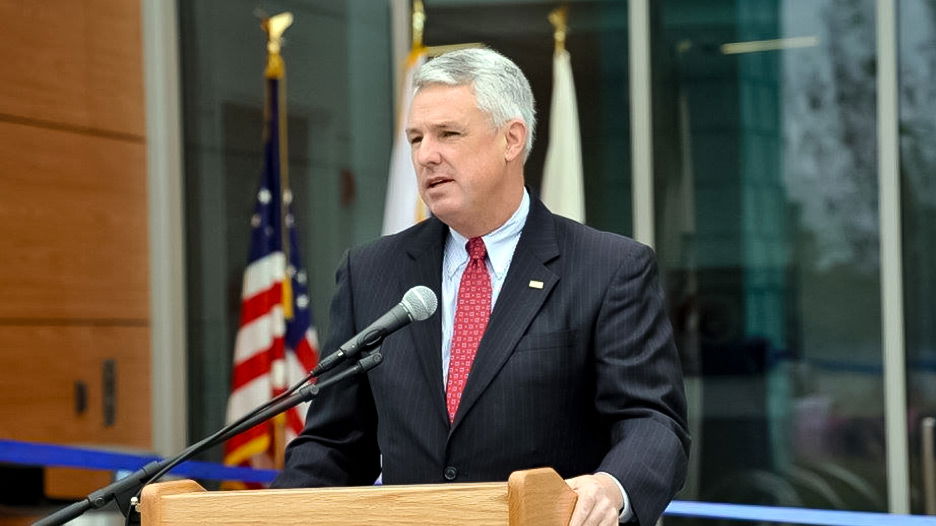NY seeks to avoid holding off Senecas' payment over $470M compact dispute

The ongoing conflict between the state of New York and the Seneca Nation over a $470 million compact dispute has added a new episode.
State lawyers claim that the new developments that tribal leaders have presented to a federal judge in the case regarding their gaming compact do not merit holding up the order demanding the tribal nation’s millionaire payment to NY, reports The Center Square.
Last month, Seneca officials provided U.S. District Judge William Skretny with a letter sent by Assistant Interior Secretary for Indian Affairs Bryan Newland to chairman of the National Indian Gaming Commission (NIGC) E. Sequoyah Simermeyer.
In the letter, Newland showed “serious concerns” over the dispute that the automatic, seven-year renewal of the compact, commencing in 2017, was never reviewed by federal regulators to ensure compliance with the U.S. Indian Gaming Regulatory Act.
The Seneca Nation claims that the $470 million judgment placed against the tribe violates federal laws. Its U.S. District Court motion asked to halt enforcement of said judgment, which states the tribal nation should make payments accumulated since annual casino revenue sharing with the state ceased in 2016.
Federal officials also raised concerns that the payment may indicate the tribe no longer maintains its status as the “sole proprietary interest” from its gaming operations in a subsequent letter.
Federal law stipulates states can only collect fees to cover regulatory costs: in order to receive additional revenue, the law requires states to provide benefits in return. The tribe and NY officials signed a 14-year compact with the right to operate Class III casinos in 2002, which included an automatic seven-year extension. However, payments were only noted as required for the first 14 years.
A federal district judge and an appeals court have ruled in the state’s favor. However, after the NIGC said it never conducted an economic assessment of the seven-year extension, required under the Indian Gaming Regulatory Act, the Senecas decided to fire back at the state.
Now, in a newly issued response to the Seneca Nation’s request to hold off on enforcing the judgment while the NIGC review takes place, lawyers for New York said the tribe is seeking an “end run” from the judgment by getting federal officials involved, further reports The Center Square.
“The NIGC letter did not state or even intimate that the NIGC intends to take any enforcement action against the Nation,” wrote Gregory Starner, lawyer from White & Case LLP.
Deputy Communications Director for Economic Development Jason Gough said the tribe received prime real estate in Buffalo and Niagara Falls in perpetuity; and gaming rights for an 11,000 square-mile region with state lawmakers taking action to ensure a state-licensed casino would not be located in that area.
“It is short-sighted to think the Seneca benefits were fleeting,” said Gough. “What they received extends well beyond the length of any compact.”


















































